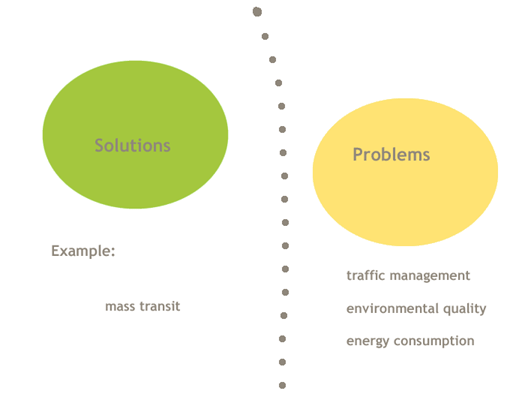| 'In the policy stream, proposals,
alternative, and solutions float about, being discussed, revised,
and discussed again. In contrast to a problem-solving model,
in which people become aware of a problem and consider alternative
solutions, solutions float around in and near government, searching
for problems to which to become attached or political events
that increase their likelihood of adoption.'
John Kindgon in Agendas, Alternatives, and Public
Policies
|
|
Policy
streams: a theoretical model of Urban Wilds advocacy
It is often assumed that once a policy
problem, such as how to protect the Urban Wilds from development,
has been identified, the solution will then be found through
a rational and linear problem solving process. To a degree,
the rational model has been applied by the Boston city agencies
engaged in Urban Wild preservation and management, but non-profit
and citizen driven advocacy has not followed this model. The
political scientist John Kingdon provides a alternative model
of how policy is created in which policy problems and policy
solutions are generated separately and then joined. Urban Wilds
advocacy has frequently occurred in situations that fit this
model, where a problem exists, such as how to block an unwanted
development, and advocacy for the preservation of specific Urban
Wild then provides a possible solution to this problem (Kingdon, 1995)
Independently generated
proposals, solutions, alternatives, and problems

|
|
|